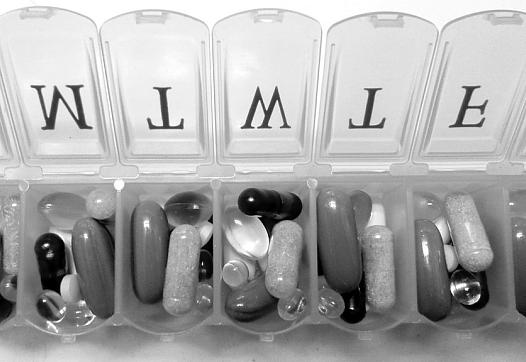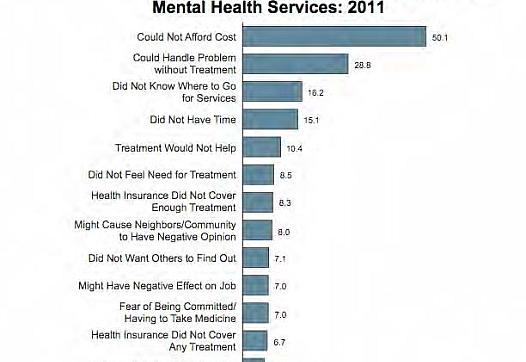Insights
You learn a lot when you spend months reporting on a given issue or community, as our fellows can attest. Whether you’re embarking on a big new story or seeking to go deeper on a given issue, it pays to learn from those who’ve already put in the shoe leather and crunched the data. In these essays and columns, our community of journalists steps back from the notebooks and tape to reflect on key lessons, highlight urgent themes, and offer sage advice on the essential health stories of the day.








